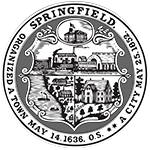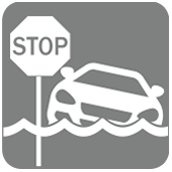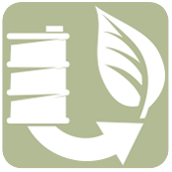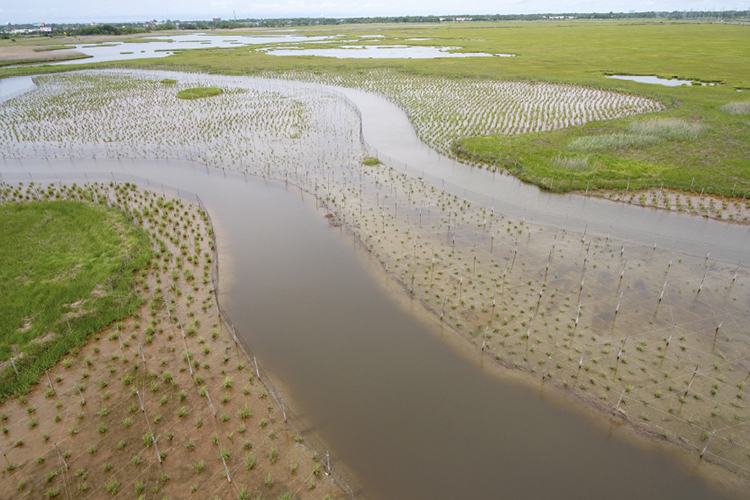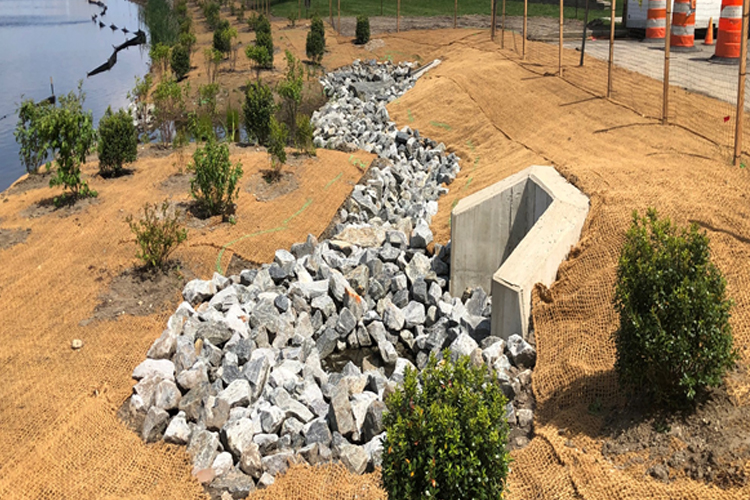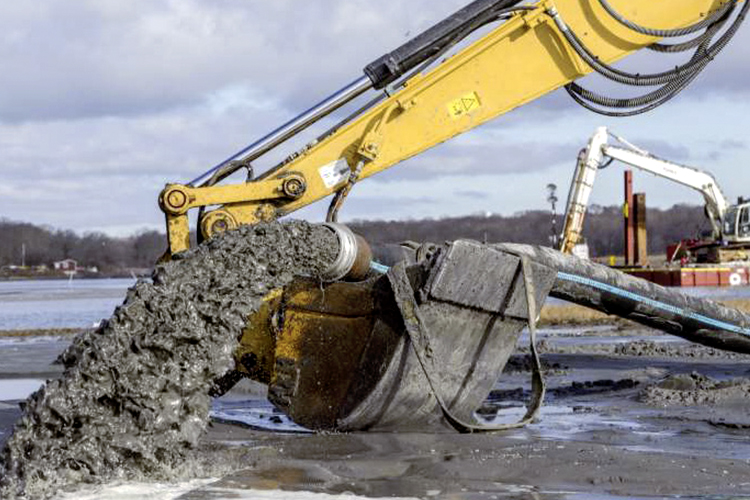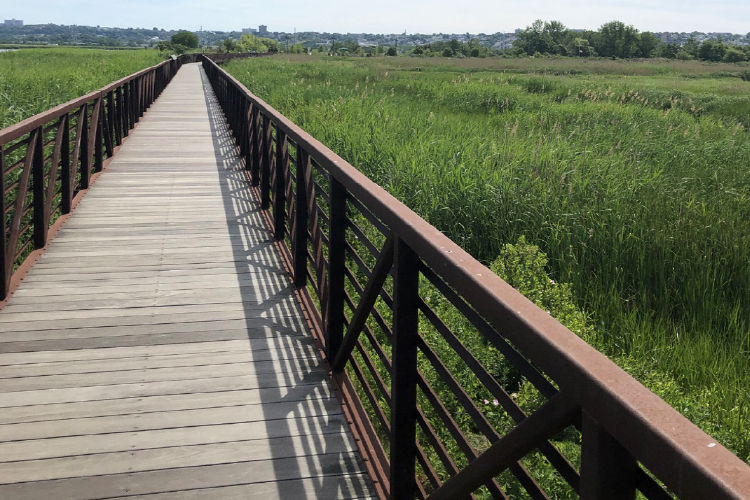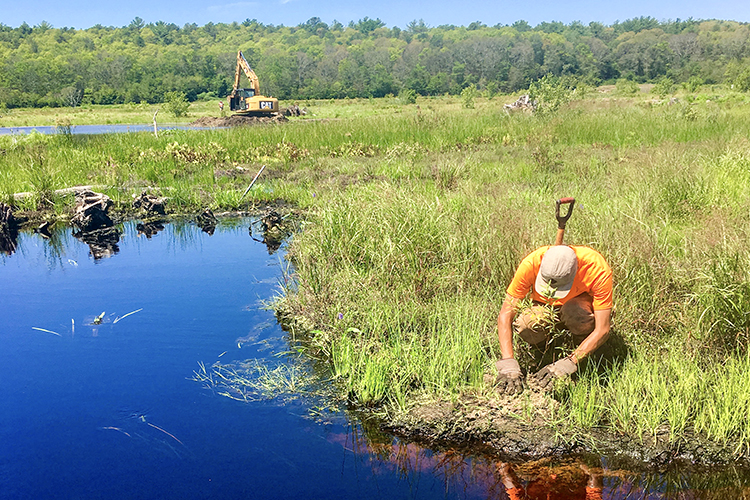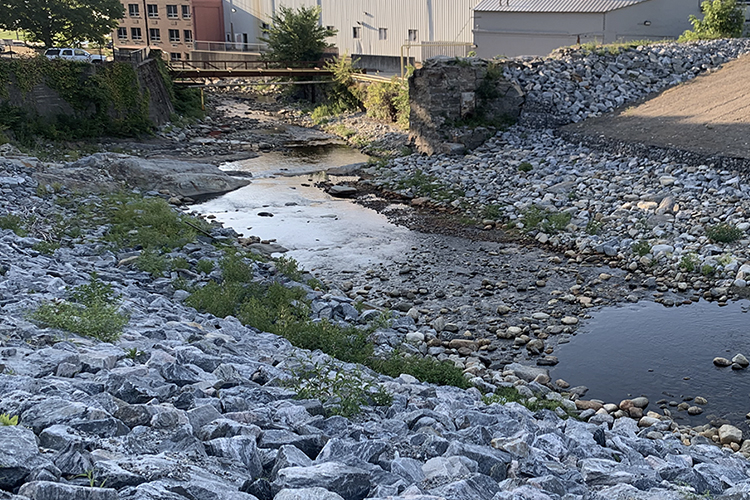
Dam Removal &
River Restoration
Dam Removal & River Restoration
Bank Stabilization
Stream Rehabilitation

Parks & Open Spaces
Parks & Open Spaces
Golf Course Water Features
Boardwalks & Bridges
Trails & Public Access
Water Access/Boat Ramps

Native Plant Communities
Native Plant Communities
Seeding
Invasive Species Management
Building a better and more sustainable tomorrow.
Call us today to talk about your project.
We're here to help. 978-744-1515
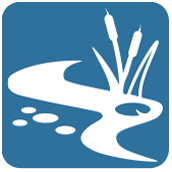
Ecosystem Restoration & Mitigation
Ecosystem Restoration & Mitigation
Salt Marshes
Cranberry Bog Restoration
Lakes & Ponds
Upland Forest & Grasslands

Dam Removal &
River Restoration
Dam Removal & River Restoration
Bank Stabilization
Stream Rehabilitation
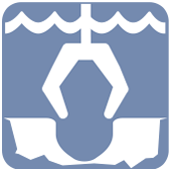
Dredging & Marine Construction
Dredging & Marine Construction
Beneficial Use of Dredge Materials
Subtidal Infrastructure
Jetties, Piers, & Bulkheads
CDF Infrastructure

Native Plant Communities
Native Plant Communities
Seeding
Invasive Species Management
Eco-contracting Service areas
Restoration Spotlight
– Before and After
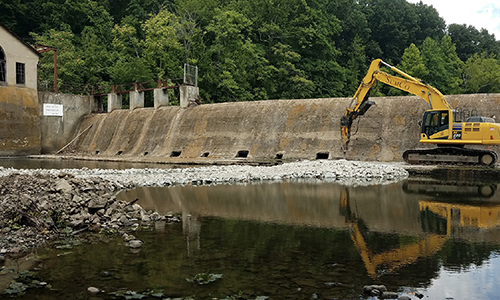
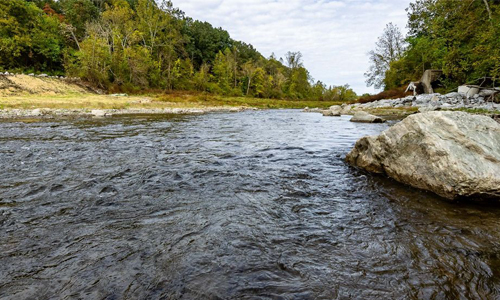
Columbia Lake Dam – Before and After
Upcoming Industry Events
Wednesday April 24
-
The Challenge of Net Zero at IRA +1 – An EBC Energy Resources Webinar
 Virtual Event, United States
Virtual Event, United States -
Planning and Environment Linkages (PEL) Handbook and PEL Flowcharts Webinar
On January 17, 2024, FHWA published the new PEL Handbook and three PEL Flowcharts “Authorities, Purpose and Needs, and Alternatives” on the FHWA Environmental Review Toolkit website. PEL represents a collaborative and integrated approach to transportation decision-making that considers benefits and impacts of proposed transportation system improvements to the environment, community, and economy during the transportation planning process to inform the environmental review process. The PEL handbook and flowcharts provide practitioners with guidance that support implementing PEL approaches.
This webinar will showcase the contents of the PEL Handbook, walk through the PEL Flowcharts and how to implement the PEL authorities, describe how planning information and decisions made during planning can have utility in the environmental review process, and provide an opportunity for questions and discussions on these newly available materials.
Thursday April 25
-
PFAS Analytical Methods – So Many Choices, Which One Do I Need? – An EBC Emerging Contaminants Webinar
 Virtual Event, United States
Virtual Event, United States
Friday April 26
-
Intermodal Freight Decarbonization
The USDOT Climate Change Center is hosting a 2024 webinar series on climate change and transportation topics, ranging from greenhouse gas reduction strategies to climate resilience activities to research and technology advancements.
Monday April 29
-
How to Apply for the Roadside Pollinator Program: General Overview
The Federal Highway Administration (FHWA) will host a webinar to assist applicants with applying to the Roadside Pollinator Program. The Bipartisan Infrastructure Law established the Roadside Pollinator Program authorizing appropriations of $2,000,000 for each of fiscal years 2022 through 2026. The purpose of the Roadside Pollinator Program is to provide competitive grants for projects that seek to improve, further develop, or implement a Pollinator Friendly Practices Plan on Highway Rights-of-Ways and Roadsides. The Consolidated Appropriations Act of 2023 appropriated the first amount of funding for this program, providing $3,000,000 for fiscal year 2023.
The “How to Apply for the Roadside Pollinator Program: General Overview” webinar is intended to provide an overview of the Roadside Pollinator Program, provide applicants with knowledge for applying to program, and clarify any questions associated with the application process. This webinar is free and open to the public. It is intended for a broad range of attendees, including representatives of organizations eligible to receive funds under the Roadside Pollinator Program, which are State Departments of Transportation, Federal land management agencies, and Indian Tribes.
Tuesday April 30
Testimonials
